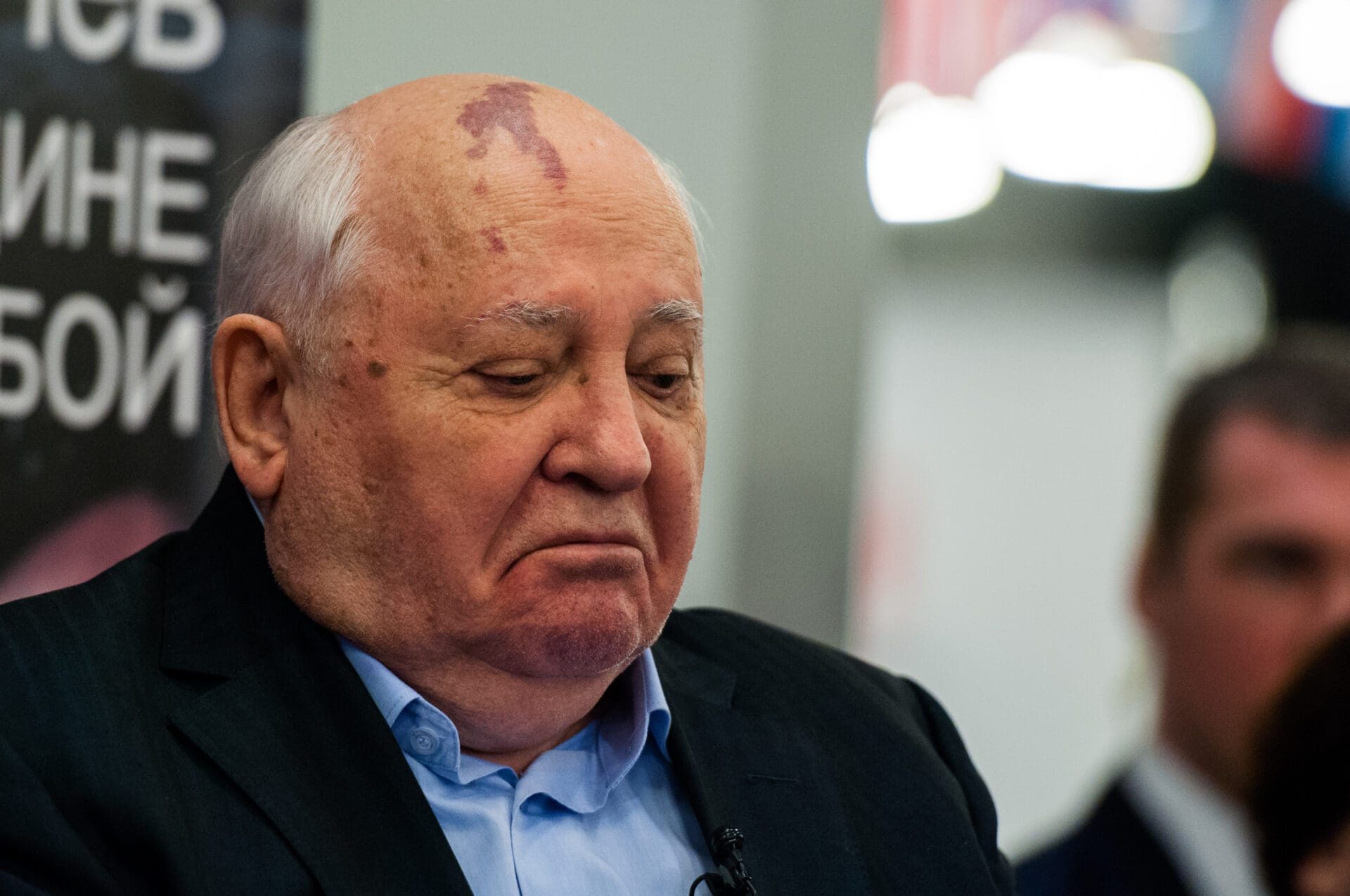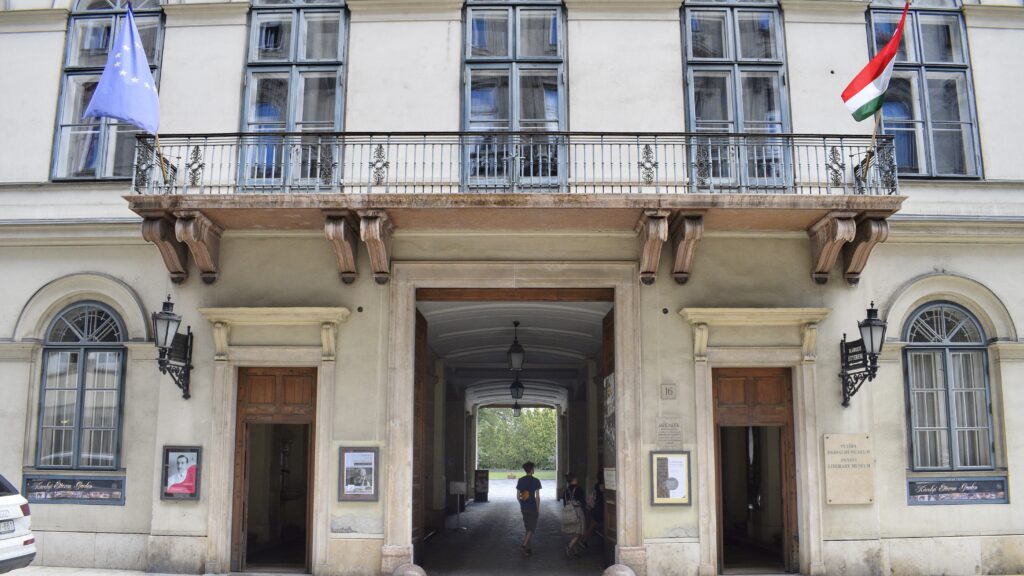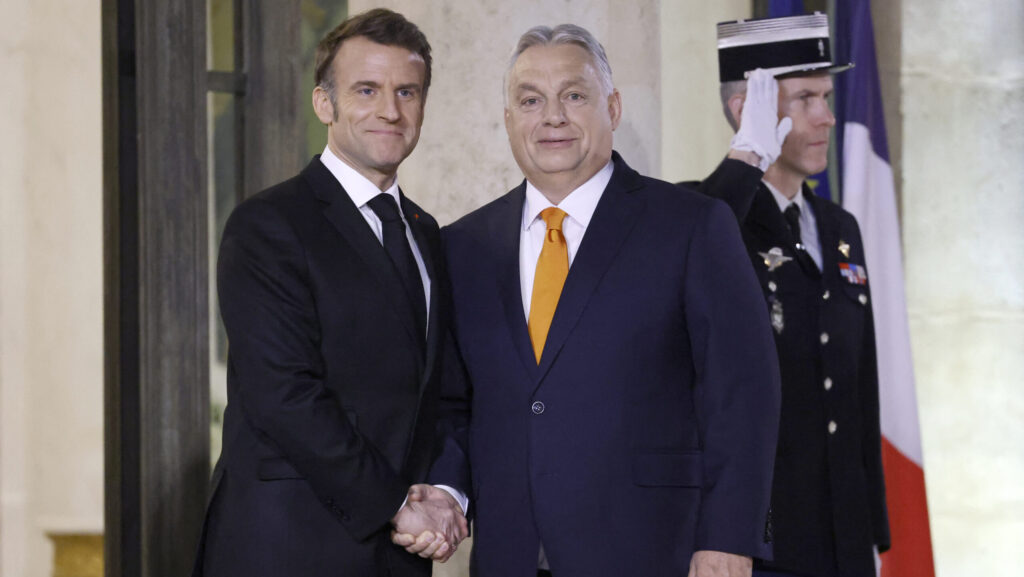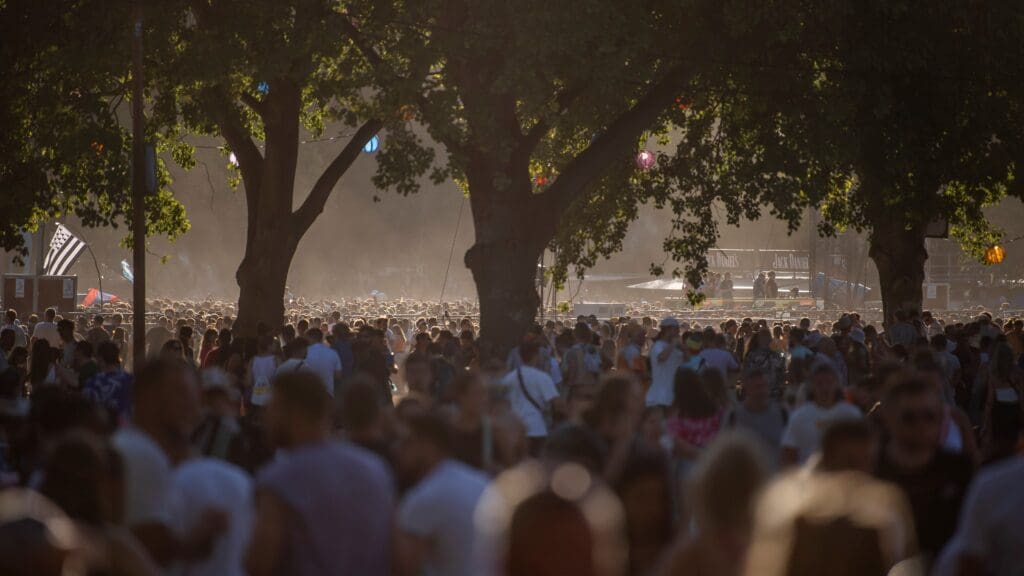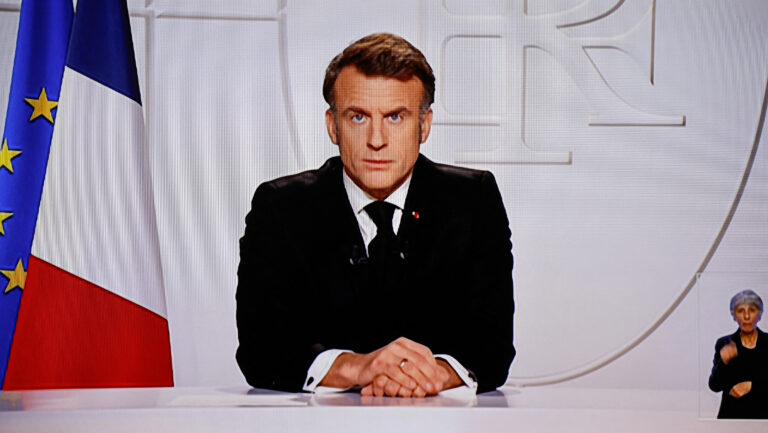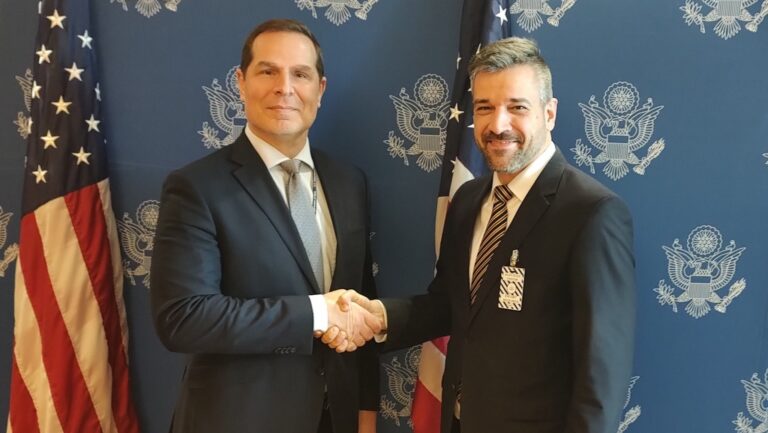Mikhail Gorbachev took a big gamble politically, but after a while he just drifted behind the events that his reforms started. The Soviet leader became a historical figure by fulfilling most everything that originally was not on his political agenda. And for which he is still admired in much of the world, but not in his own country.
Mikhail Sergeyevich Gorbachev, former General Secretary of the Communist Party of the Soviet Union (CPSU), first and last president of the Soviet Union, died at the age of 91. There were few political leaders in the world who initiated such profound social and global geopolitical changes during just six and a half years (1985-1991). Willy-nilly, he wrote world history.
He was also one of the rare Soviet/Russian leaders who viscerally despised autocracy as a form of government and abhorred political violence. Even at the peak of power, he remained a fundamentally decent person and did not leave the political life as a rich man.
Glasnost: Freedom of Speech
Glasnost (openness) which allowed freedom of opinion and speech, was one Gorbachev’s most successful reform initiative. In the spirit of glasnost, Gorbachev in 1989 ordered a competitive vote to elect members of the Supreme Soviet. The parliament’s meetings were televised live, including a scene in which prominent dissident Andrei Sakharov openly challenged Gorbachev.
The communist party’s political monopoly was deeply shaken. Heated debates under glasnost changed citizens’ opinion of the existing authoritarian and dysfunctional system so strongly that it led to a serious, if not fatal, decline in the credibility and legitimacy of the party. Unwittingly, the glasnost encouraged nationalist and independence strives across the multiethnic country where separatism had been violently nipped in the bud.
No Viable Mixed Economy
When Gorbachev came to power, the Soviet economy was in secular stagnation. The bankrupt command economy cried for deep structural reforms. This is what perestroika (restructuring) aimed at. But no workable mixed economy was created, combining elements of central planning and market forces. Gorbachev feared large-scale privatization and other major reforms, as he believed they could lead to politically intolerable levels of unemployment and income inequality.
In effect, the half-hearted reforms and deregulation brought economic chaos rather than a hoped-for growth acceleration and modernisation. The shortage of goods deepened and the standard of living fell significantly under Gorbachev. Perestroika destabilised the command economy without creating a viable alternative system. Gorbachev failed as an economic reformer, which played a pivotal role in his eventual ousting. Gorbachev later unconvincingly defended his soft economic reforms by saying that a more radical perestroika could have led to civil war.
Dissolution of a Superpower
Not only perestroika and glasnost, but also the dissolution of the Soviet Union are inseparably linked to Gorbachev. This was by no means Gorbachev’s goal, but it nevertheless became his legacy with the gravest global consequences.
On 17 March 1991, President Gorbachev ordered a historic referendum on the future of the Soviet Union, which was suffering from an existential and identity crisis. Gorbachev was confident that—based on new federative principles, including total equality between constituent republics—the referendum could save his country from disintegration, including the retention of the Baltic republics, which were particularly keen on a clean separation.
Gorbachev grossly miscalculated and achieved the opposite of what he wanted: half a dozen of the fifteen republics boycotted the referendum. A rapid disintegration began in earnest and nine months later the USSR was no more. A truncated Commonwealth of Independent States (CIS) replaced it as an intergovernmental organization, lacking the status of a state.
Gorbachev saw clearly that under the CIS ‘the Soviet people are no longer citizens of a superpower.’ Formally, he named the CIS as the main reason for his resignation on 25 December 1991, even though that was a natural consequence of the fateful union referendum, the deepening political and economic crisis bordering on chaos, the heightened desire for independence among most of the republics, his personal unpopularity and the much-strengthened chief rival, Boris Yeltsin.
At all costs, Gorbachev wanted to preserve the Soviet Union and did not wish to preside over the demise of a country that he loved. In Lithuania, for example, he ordered the mobilisation of Soviet troops and deadly clashes took place with the civilian population. Gorbachev imposed a trade embargo against Lithuania, the first republic declaring independence, which was not recognised by the Soviet authorities. But the Baltic crisis was only the tip of the iceberg for secessionist aspirations within the Union.
Fateful Political Gambling
With hindsight, it is quite possible that without the referendum the Soviet Union would not have fallen apart, but certainly not with such world-shaking suddenness and completeness as it did on 26 December 1991.
The resemblance between Mikhail Gorbachev and former British Prime Minister David Cameron is striking. In 2016, Cameron ordered the Brexit referendum, not least as a tactical political move. He wanted to settle once and for all Britain’s much-debated European Union membership, which divided his conservative party and the entire country.
Many considered the referendum completely unnecessary. But Cameron was confident that the referendum would settle the membership question in favour of his preferred ‘remain’. He was also very wrong. Without the Brexit vote, Britain would most likely still be a member of the EU today.
Mikhail Gorbachev gambled and failed. After a while he just drifted with the events he started, yet he became a historical figure. But ironically his key achievements—for which he is still so admired in much of the world, but not in Russia, where he remained extremely unpopular right until his death—were not on his original political agenda. He did not want the Soviet Union, the CPSU, the planned economy, COMECON and the Warsaw Pact to fall apart.
What remained of the ethnically diverse Soviet empire is a much smaller Russian successor state, an autocratic political regime, oligarchic/crony capitalism, a deeply underperforming economy, and pervasive corruption. And an aggressive, neo-imperialist foreign policy has emerged under Russian President Vladimir Putin, aiming to restore—as much as possible—the former Soviet Union, which fell into fifteen pieces in Gorbachev’s final year in the Kremlin. For these, however, Gorbachev is burdened by less and less historical responsibility.

